Fresh Saudi airstrikes leave over dozen civilians dead in Yemen
More than a dozen civilians have been killed and several others injured when Saudi military aircraft carried out separate airstrikes against residential areas across Yemen as the Riyadh regime does not shy away from its atrocious bombardment campaign against its southern neighbor.
Local sources, speaking on condition of anonymity, told Arabic-language al-Masirah television network that Saudi warplanes targeted a school in the northwestern city of Sa'ada, located 240 kilometers (150 miles) north of the capital Sana'a, on Wednesday afternoon, leaving 11 people dead and eight others injured.
The sources added that there were women and children among the deceased.
Separately, two people lost their lives when Saudi jets launched an aerial attack against Akwan area of al-Safra district in the province of Sa’ada.
Saudi Arabia has been incessantly pounding Yemen since March 2015 in an attempt to crush the popular Houthi Ansarullah movement and reinstate the former Yemeni president, Abd Rabbuh Mansur Hadi, a staunch ally of the Riyadh regime.

More than 12,000 people have been killed since the onset of the campaign more than two and a half years ago. Much of the Arabian Peninsula country's infrastructure, including hospitals, schools and factories, has been reduced to rubble due to the war.
The Saudi-led war has also triggered a deadly cholera epidemic across Yemen.
According to the World Health Organization’s latest count, the cholera outbreak has killed 2,167 people since the end of April and is suspected to have infected 841,906.
On November 26, the United Nations children’s agency (UNICEF) said that more than 11 million children in Yemen were in acute need of aid, stressing that it was estimated that every 10 minutes a child died of a preventable disease there.

Additionally, the UN has described the current level of hunger in Yemen as “unprecedented,” emphasizing that 17 million people are now food insecure in the country.
It added that 6.8 million, meaning almost one in four people, do not have enough food and rely entirely on external assistance.
A recent survey showed that almost one third of families had gaps in their diets, and hardly ever consumed foods like pulses, vegetables, fruit, dairy products or meat.
More than three million pregnant and nursing women and children under the age of five also need support to prevent or cure malnutrition.
Iran: US airstrikes on Yemen war crimes, violation of international law
Yemeni armed forces down F-18 fighter jet, repel US-UK attack: Spokesman
Iran warns against US-Israeli plot to weaken Muslims, dominate region
VIDEO | Public uproar in US against Israeli regime
‘Ghost town’: 70% of Jabalia buildings destroyed by Israel
Mother’s Day: Sareh Javanmardi’s inspiring journey as Paralympic champion and mother
Russia downs over 40 Ukrainian drones as Putin vows 'destruction' on Kiev
VIDEO | Yemen: A bone in Israeli neck


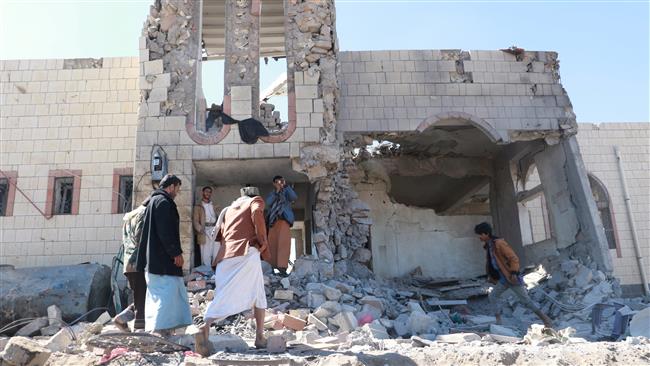








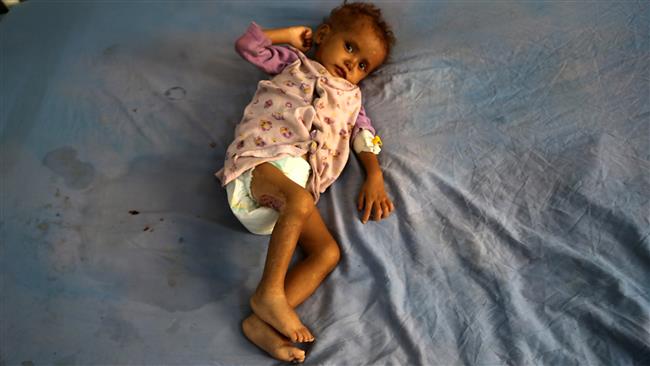
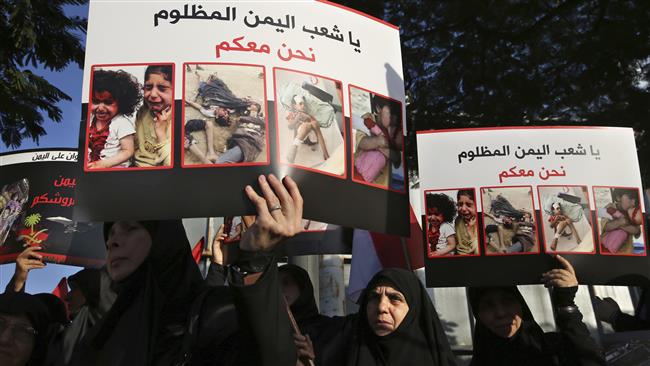
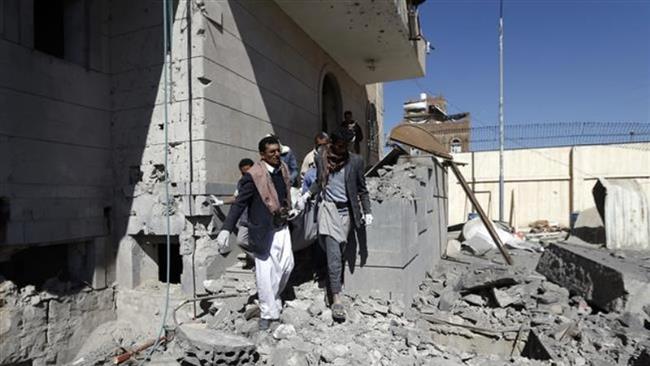

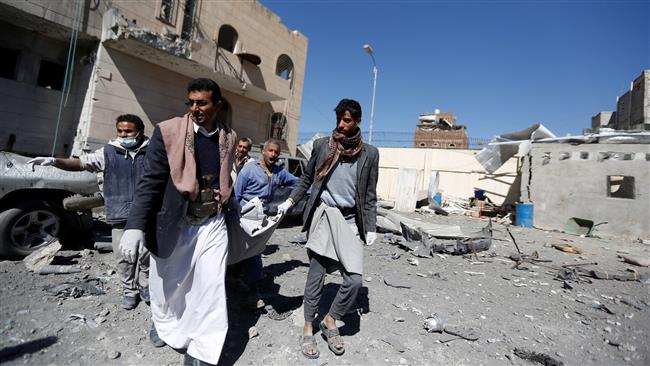

 This makes it easy to access the Press TV website
This makes it easy to access the Press TV website